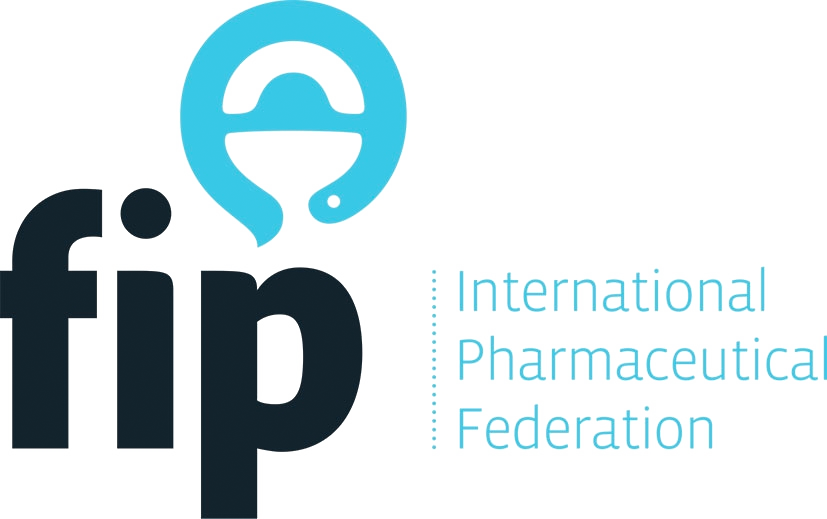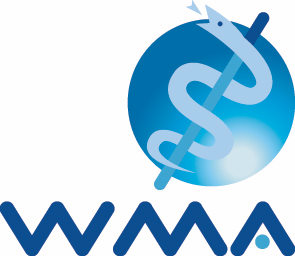
September 2018
WHPA acknowledges the Political Declaration to be adopted at the third United Nations High-Level Meeting on Noncommunicable Diseases (UN HLM on NCDs) and welcomes the strong emphasis on health care system strengthening and the importance of the health workforce. However, we miss clear and measurable commitments.
The World Health Professions Alliance (WHPA) speaks for more than 31 million health professionals across 130 countries and brings together the International Council of Nurses, International Pharmaceutical Federation, World Confederation for Physical Therapy, FDI World Dental Federation and the World Medical Association. WHPA works to improve global health and the quality of health services and facilitates collaboration among the health professions and other major stakeholders.
NCDs are a major public health concern and in addition to the four main diseases (cardiovascular diseases, diabetes, cancers and chronic respiratory diseases), which account for 71% of deaths worldwide (40.5 million)[i], there are many other conditions that are closely associated with them and can benefit from a joint response. These include other NCDs, such as renal, endocrine, neurological, haematological, gastroenterological, hepatic, musculoskeletal, skin and oral diseases and genetic disorders; mental and substance use disorders; disabilities, including blindness and deafness; and violence and injuries. These diseases share the same social determinants and common risk factors, so an integrated approach will help ease the burden on health systems and the economy.
NCDs could contribute a cumulative output loss of US$ 47 trillion in the two decades from 2011, representing a loss of 75% of global GDP in 2010 (US$ 63 trillion)[ii]. Whereas investing as little as US$ 1.27 per person per year will dramatically reduce the NCD burden[iii] and improve a country’s economic productivity.
Health care professionals (HCPs) see first-hand the impact of NCDs on the population and are greatly affected by the negative impacts of non-action. HCPs are treating an increasing number of cases and seeing the consequences of NCDs on the ground. NCDs are increasing the bill and burden on already under-resourced health care systems. Therefore, we welcome the requests to governments to strengthen health care system and to increase access to well-educated and equipped health workforce. In light of the expected increased demand for 18 million more health workers[iv], primarily in low- and lower-middle-income countries by 2030, health care system strengthening is of utmost importance to reduce the growing burden of NCD.
WHPA welcomes the focus on the social, economic and environment determinants of health in the commitments of the declaration and underlines the emphasize on the life-course approach.
In the 2030 Agenda for Sustainable Development Goals a commitment was made to reduce, premature mortality from non-communicable diseases by one third, through prevention and treatment and the promotion of mental health and well-being. If this target is to be met a greater commitment and further work is required.
This week, member states met in New York for the 2018 UN HLM. As a major output of this event a Political Declaration was agreed. The strapline of the declaration is TIME TO DELIVER: Accelerating our response to address NCDs for the health and well-being of present and future generations. However, WHPA agrees with the general direction of the declaration and regrets that clear and measurable commitments are missing.
WHPA is particularly concerned by the lack of details and commitments regarding country targets, omission of any monitoring measures and a lack of specific commitments and targets for funding. In addition, the next review has been set for 2025, with no interim review or measure being put in place. The WHPA would also advocate the inclusion of more than the four stated NCDs as this leads again to a silo approach and is contradictory to the idea of health care system strengthening.
WHPA urges member states to use the momentum and spirit of the declaration to put in place measures which go beyond what the declaration stipulates. WHPA also respectfully reminds member states what they have already committed to in previous Political Declarations (2011 and 2014). In particular, WHPA requests that members states commit to:
- Set ambitious country targets as committed to in the 2011 Political Declaration (Articles 60, 61, 62 and 63), as recommended as voluntary targets in the WHO Global NCD Action Plan and as per the timebound commitments included in the 2014 UN Outcome Document on NCDs.
- Monitor progress as per the global monitoring framework.
- Strengthen surveillance for NCDs as described in the WHO Global NCD Action Plan 2013-2020.
- Commit to the allocation of additional funding for NCDs, as committed to in the 2011 Political Declaration (such as articles 45 c) and 49), to broaden the scope of NCDs and include health care system strengthening.
- Include policies and measures in country action plans which aim to support people already living with chronic conditions.
- Review and report on progress on an annual basis.
- Urge WHO to organise a mid-term review to ensure accountability and time for required adjustments to be actioned before the 2025 deadline.
Health professions, as a crucial stakeholder, are here to help. Serious action is required to reduce the prevalence and impact of NCDs internationally. WHPA urges member states and the WHO to be ambitious and strategic in moving forward and to work hand-in-hand with HCPs to tackle this problem. Targets will not be met unless concrete action is taken now. WHPA encourages member states to include HCPs in providing solutions and additionally offers its assistance to outreach to HCPs internationally.
References
[i] Global Health Estimates 2016: Deaths by Cause, Age, Sex, by Country and by Region, 2000-2016. Geneva, World Health Organization; 2018.
[ii] Bloom, D.E., Cafiero, E.T., Jané-Llopis, E., Abrahams-Gessel, S., Bloom, L.R., Fathima, S., Feigl,
A.B., Gaziano, T., Mowafi, M., Pandya, A., Prettner, K., Rosenberg, L., Seligman, B., Stein, A., & Weinstein, C. (2011). The Global Economic Burden of Non-communicable Diseases. Geneva: World Economic Forum.
[iii] Saving lives, spending less: a strategic response to noncommunicable diseases. Geneva, Switzerland. World Health Organization; 2018 (WHO/NMH/NVI/18.8). Licence: CC BY-NC-SA 3.0 IGO.
[iv] The High-Level Commission report on Health Employment and Economic Growth.




